Top 10 Quantum Technology Business Stories of 2024
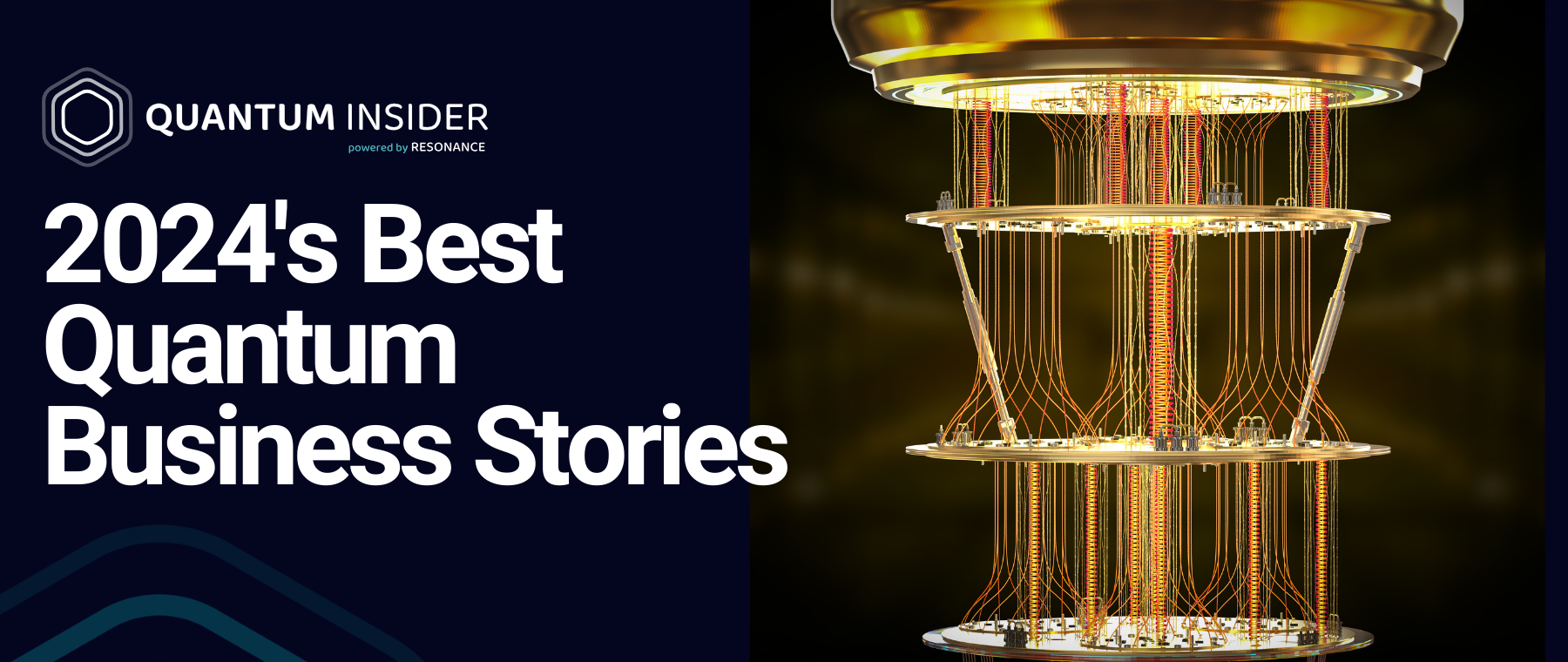
What were the stories that moved quantum in 2024?
The following is a non-exhaustive look at some of the big business stories that The Quantum Insider published in 2024. The list of most influential stories was difficult to compile in a fair way. In fact. It was impossible.
So, we let you do it for us. This list is based on statistics on web views, as well as engagement on our social media posts. This list just includes the business stories. A second story on research advances — an obviously important part of the quantum story of 2024 — will be the subject of another story.
Here’s what you came up with:
PsiQuantum Receives $940 Million (AUD) From Australian Government — May Now Be World’s Highest Funded Independent Quantum Firm
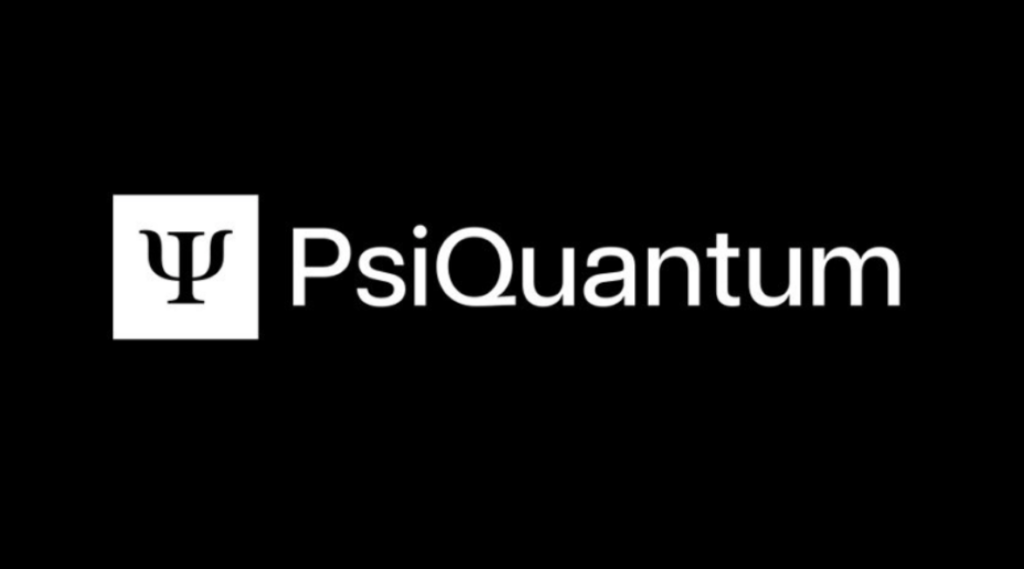
Australia has announced a $940 million — or about $617 million US — investment in PsiQuantum, a Silicon Valley start-up with Australian roots, in a bid to build the world’s first commercially viable quantum computer in Brisbane. The federal and Queensland governments are each contributing $470 million to PsiQuantum through share purchases, grants, and loans. This brings PsiQuantum’s total funding — representing both private and public funding — to nearly US$1.3 billion, potentially making it the highest funded independent quantum company / program in the world, comparable with some national initiatives, according to The Quantum Insider Market Intelligence Platform.
This investment, one of the largest under the Albanese government’s “Future Made in Australia” policy, will see PsiQuantum establishing its regional headquarters in Queensland and operating its computers there, the financial journal reports. The policy also includes significant investments in other tech sectors, such as a $1 billion commitment to domestic solar panel manufacturing and $1.5 billion to establish critical minerals projects. With this substantial backing from the Australian government, PsiQuantum joins the large companies seeking to overcome the challenges of creating practical quantum computing devices.
What to look for in 2025: The plan has met with some resistance in Australia as critics have taken issue that a company not based in Australia has received this funding. Political wrangling on the project could surfact during 2025. That said, the project seems to be on track and more information is likely to surface during the coming year. This project — along with other PsiQuantum expansion, see below — will be something to keep a close eye on in 2025.
Honeywell Announces the Closing of $300 Million Equity Investment Round for Quantinuum at $5 Billion Pre-Money Valuation

Honeywell announced the closing of a $300 million equity fundraise for Quantinuum, the world’s leading integrated quantum computing company, at a pre-money valuation of $5 billion. The round is anchored by Quantinuum’s strategic partner JPMorgan Chase, with additional participation from Mitsui & Co., Amgen and Honeywell, which remains the company’s majority shareholder. This investment brings the total capital raised by Quantinuum since inception to approximately $625 million.
What to expect in 2025: Quantinuum, fresh off a $300 million equity fundraise at a $5 billion valuation, is expected to take significant steps toward commercialization in 2025 as it strengthens its position as a quantum computing leader. The company is anticipated to also make major progress in fault-tolerant quantum computing, taking steps along its roadmap to deliver scalable systems that address real-world applications in cryptography, materials discovery and AI. Partnerships with industry giants like JPMorgan Chase, BMW, and Airbus are likely to expand, while Quantinuum’s software innovations, including TKET and Quantum Natural Language Processing, drive broader adoption. Look also for growth in the east, particularly in the Asia-Pacific region, led by Mitsui, alongside deepening commercial efforts in North America and Europe, will further bolster its global presence. BREAKING — On Dec. 18, this was announced: Quantinuum’s Valuation Could Hit $20 Billion
Zapata Computing Holdings Inc. Ceases Operations

Zapata Computing Holdings Inc. (Zapata) ceased operations in October, 2024 after its board of directors approved a plan to wind down the business, terminate most employees and address outstanding financial obligations, according to a Form 8-K filed with the Securities and Exchange Commission (SEC).
The decision SEC filing, officially dated October 8, 2024, cited the company’s inability to meet its financial obligations as the primary driver behind the closure.
The company’s shares dropped 56% on news of the liquidation report.
What to expect in 2025: This was likely the most depressing news in quantum over 2024, but there are a few bright spots. Namely, Zapata had an incredibly smart and talented workforce. Those workers are now potential founders and leaders. Zapata’s loss, we may find, might be quantum’s gain in the end.
U.S. Commerce Department Imposes Strict Export Controls On Chinese Quantum Leader QuantumCTek

The U.S. Department of Commerce has announced stringent export controls on QuantumCTek Co., Ltd., one of China’s most prominent quantum startups that specializes in quantum communication technologies. This move is part of an updated supplement to the Export Administration Regulations (EAR), reflecting heightened concerns over national security and the potential misuse of advanced technologies, including the possibility of use or misuse by the Chinese military.
QuantumCTek, operates under several subsidiaries — or aliases — including HKUST National Shield Quantum Technology Co., Ltd., and Anhui Quantum Communication Technology Co., Ltd., which have also been added to the Entity List, is a register maintained by the U.S. Department of Commerce that includes foreign organizations, businesses, and individuals subject to specific export control restrictions.
What to expect in 2025: There is no sign of any thaw in this Quantum Cold War. Although most of the proverbial chips are on the table — in other words, most of the export controls that can be levied have been levied. However, for the foreseeable future an atomic wall has been built between the Chinese quantum ecosystem and most of the West’s quantum efforts. Breaking: Chinese Researchers Say Latest Zuchongzhi 3.0 Experimental Run Matches Willow’s Performance
IBM Quantum Roadmap Guide — Scaling And Expanding The Usefulness Of Quantum Computing
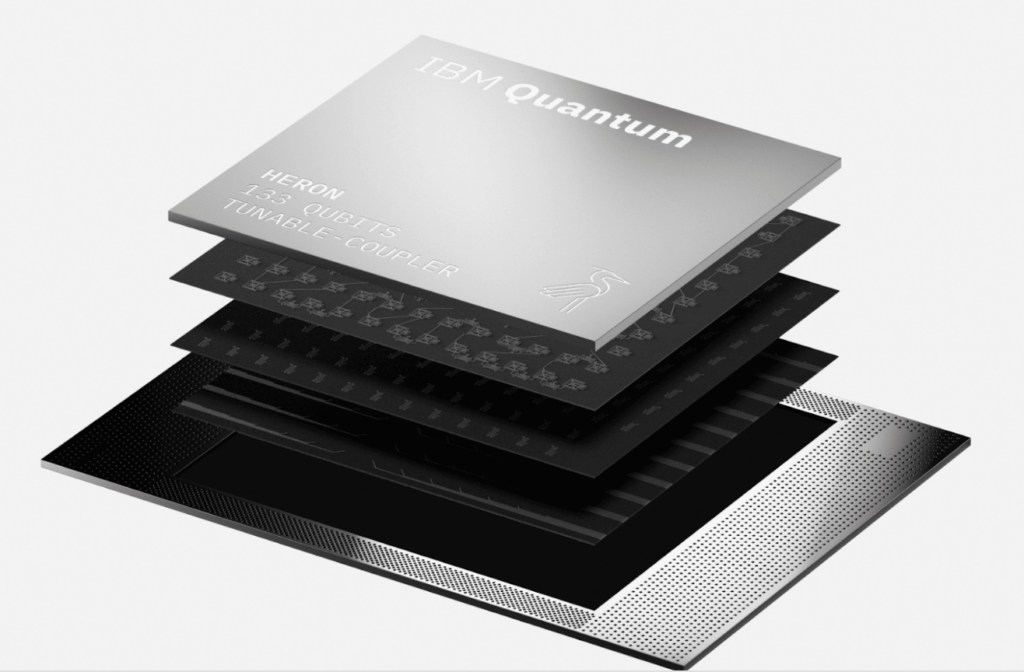
IBM’s quantum roadmap outlines the company’s comprehensive strategy aimed at scaling quantum computing and expanding how they can be used for commercial and scientific applications. The roadmap extends beyond 2033 and breaks down into two main sections: the development and innovation roadmaps. These sections detail the company’s efforts to develop modular quantum systems, integrate error correction, and enable quantum-centric supercomputing.
Based on information provided by IBM and at The Quantum Insider’s Intelligence Platform, among other sources, IBM plans a journey toward the realization of its vision of quantum-centric supercomputing, along with its strategies and its goals.
What to look for in 2025: IBM has been delivering on roadmaps for over a century. Expect it to deliver on its promises in quantum — especially those early milestones. In 2025, we expect IBM will focus on advancing quantum performance and scalability, enabling circuits with up to 7.5K gates, which will feature higher qubit counts and improved error mitigation through modular architectures. The company will prioritize parallelization and resource management innovations to drive modular quantum scaling. On the software side, you would begin to see IBM integrate code assistants, functions and mapping collection tools to streamline quantum programming for developers. Enhancements to Quantum Serverless architecture and Transpiler Services will further boost execution efficiency, supporting more complex quantum workloads.
ConScience AB Launches Sweden’s First Commercial Quantum Device
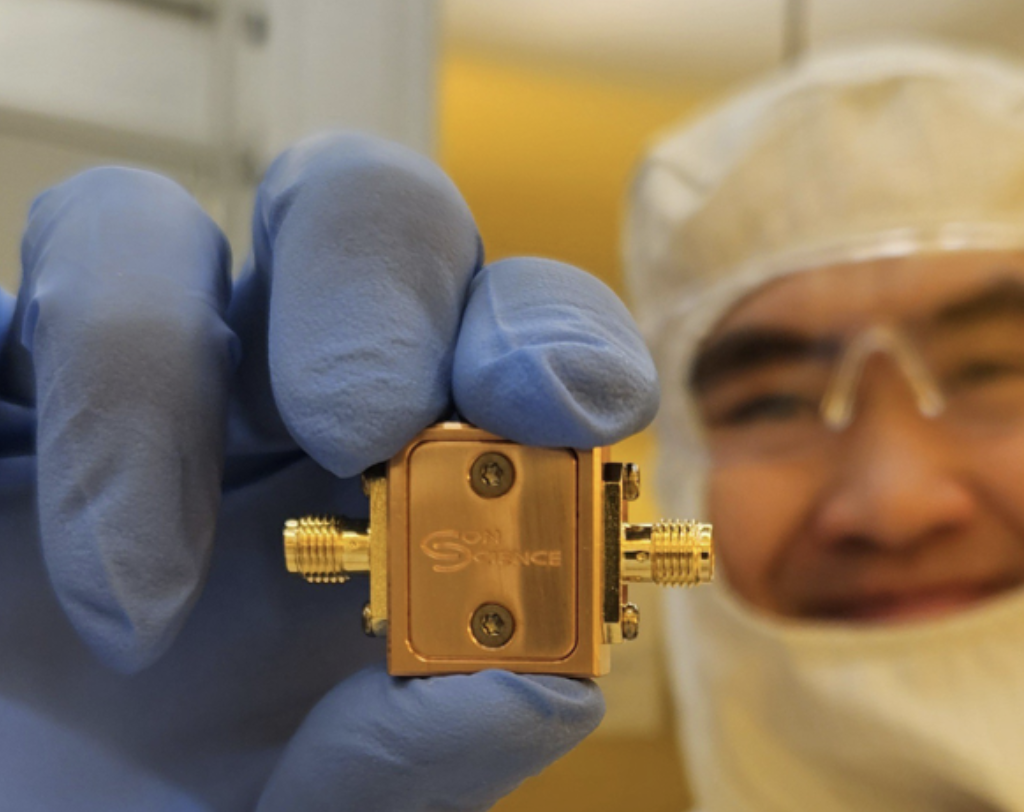
Gothenburg-based ConScience AB has introduced its Qubit-in-a-box (QiB0), marking Sweden’s first fully designed and manufactured commercial quantum device. This milestone product is designed to demonstrate foundational quantum processes, such as decoherence and dephasing, while also serving as a tool for calibrating and verifying the performance of quantum computing test setups. With the QiB0, ConScience aims to cater to research groups, universities, and companies advancing quantum science and technology. The QiB0 device features four single qubits and two coplanar waveguide (CPW) resonators, boasting up to 80 µs qubit lifetime and a quality factor of 1 million for the resonators. These specifications position the QiB0 as a valuable resource for educational institutions training future quantum engineers and scientists, as well as for enterprises looking to validate quantum measurement systems.
ConScience specializes in clean-room production and has been refining its methods to deliver high-quality, reproducible quantum devices. In addition to the QiB0, the company plans to launch more advanced quantum devices starting in 2024 and offers foundry services to produce custom quantum processors for a growing number of clients. Quantum computers leverage principles like quantum parallelism and entanglement to perform computations much faster than classical systems. ConScience’s work aligns with the global push to harness quantum technology for applications in cryptography, financial modeling, drug discovery, and climate science, making Sweden a notable player in this transformative field.
What to expect in 2025: We expect ConScience AB to expand its product offerings with more complex quantum devices, building on the success of its QiB0 quantum device launched in 2024. The company’s growing foundry services for custom quantum processors will likely attract increased interest from research institutions and industry partners seeking high-quality quantum hardware. We look for growth beyond its commercial commitment. With its strong manufacturing capabilities in Sweden, ConScience is positioned to play a larger role in supporting quantum research and education, particularly in calibrating and verifying quantum test setups.
PsiQuantum Announces It Will Anchor Governor J.B. Pritzker’s Illinois Quantum And Microelectronics Park In Chicago
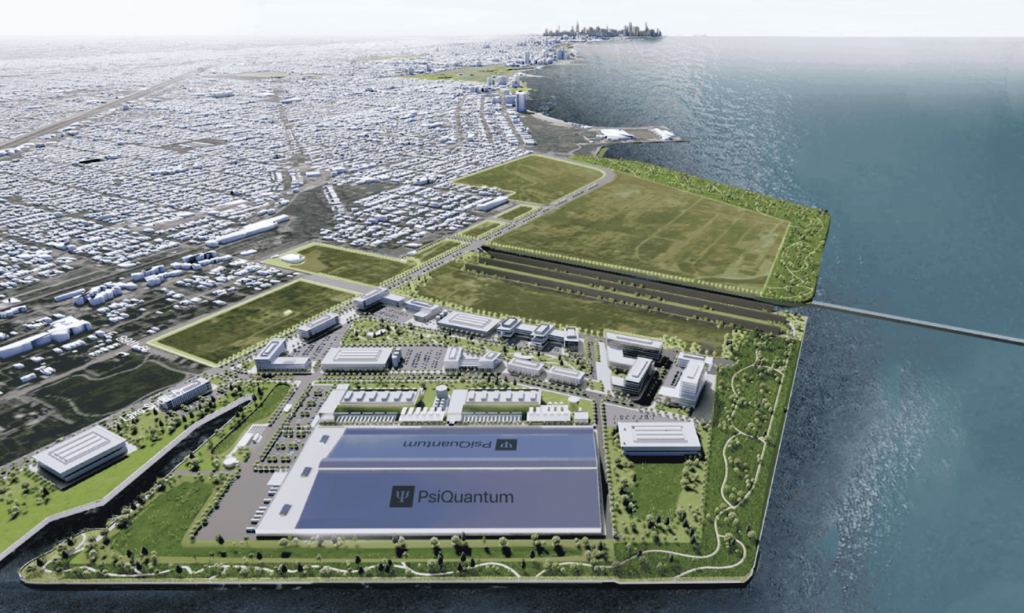
In July, PsiQuantum announced a partnership with the State of Illinois, Cook County, and the City of Chicago to build the first US-based utility-scale, fault-tolerant quantum computer at the former US Steel South Works property in the City of Chicago. Under this agreement PsiQuantum will anchor the newly established Illinois Quantum and Microelectronics Park (IQMP) which will catalyze the state’s highly developed quantum ecosystem, including the University of Illinois Urbana-Champaign (UIUC), the University of Chicago, the Chicago Quantum Exchange, Argonne and Fermi national labs and DARPA, the US Department of Defense’s Advanced Research Project Agency and others.
What to expect in 2025: In a word. Growth. PsiQuantum has made the list twice for their national and international collaborations. And these are significant deals with significant funds at stake. All eyes will be on PsiQuantum as it is expected to make substantial progress on its plan to build the first U.S.-based utility-scale, fault-tolerant quantum computer in Chicago, anchoring the newly established Illinois Quantum and Microelectronics Park (IQMP). With $500 million in state-backed funding and additional long-term incentives, the company will begin the build-out of its 300,000-square-foot Quantum Computer Operations Center, supported by a large-scale cryogenic plant. PsiQuantum’s collaboration with Illinois’ leading universities and national labs will strengthen research, workforce development, and education programs to prepare talent for quantum careers.
NVIDIA Gets Busy With Quantum in 2024
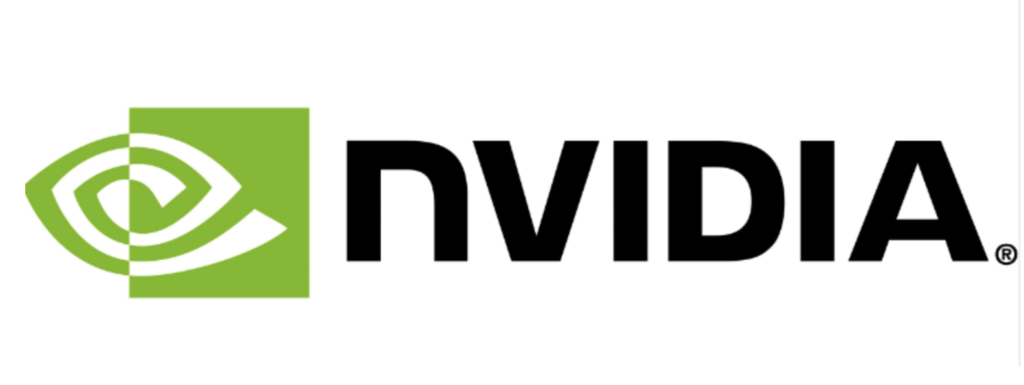
After rising to a position of domination as an accelerator of artificial intelligence, NVIDIA spent much of 2024 shaking hands and inking deals with the quantum computing industry. For example, in early December, AWS and NVIDIA integrated the CUDA-Q quantum development platform into Amazon Braket, streamlining hybrid quantum-classical computing. NVIDIA collaborated with Google Quantum AI to simulate next-generation quantum processors using the NVIDIA CUDA-Q platform and the NVIDIA Eos supercomputer. Those were just some – of dozens – of the partnerships and collaborations the company established in 2024. The company also released a video revealing much of its quantum supercomputing strategy in spring of 2024.
platform and the NVIDIA Eos supercomputer. Those were just some – of dozens – of the partnerships and collaborations the company established in 2024. The company also released a video revealing much of its quantum supercomputing strategy in spring of 2024.
What to expect in 2025: We imagine the wrists of NVIDIA’s executives must be sore from signing all those deals with quantum companies during 2024. We also expect those executives to rest up those wrists and be ready for more signing in 2025. NVIDIA isn’t just a pioneer. It’s a visionary company that foresaw and powered the AI revolution. It sees the dawning world of classical-quantum supercomputing just as clearly, more so than, arguably, other companies. We should see NVIDIA taking definite steps to achieve this new era in computation.
Quantum Source Raises $50 Million Series A Funding to Make Scalable, Useful Quantum Computing A Reality
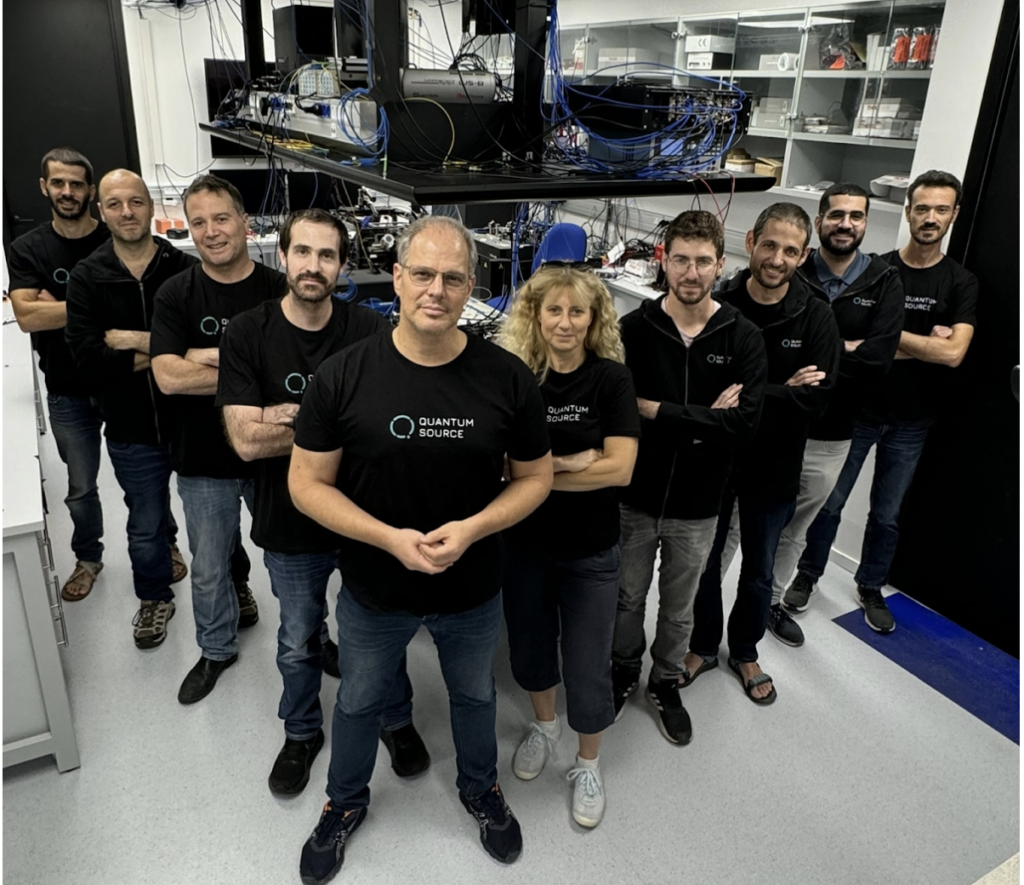
Quantum Source, an Israel-based company developing, technology for powerful, cost-effective, practical photonic quantum computers, announced it has raised a $50 million Series A investment round led by Eclipse, with participation from Standard Investments, Level VC, Canon Equity, as well as existing investors Pitango First, Grove Ventures, 10D, and Dell Technologies Capital. This brings the company’s total funding raised to over $77M. The capital will be used to enhance engineering capabilities and accelerate the commercialization of quantum solutions.
What to look for in 2025: Quantum Source is expected to accelerate its efforts toward commercializing scalable photonic quantum computing this year, fueled by this $50 million Series A funding. The company’s novel approach — leveraging single atoms on proprietary photonic chips to achieve highly efficient photon generation and entanglement — positions it to overcome key scalability challenges in fault-tolerant quantum systems. With an expanding team of quantum physicists and engineers, Quantum Source is likely to demonstrate significant progress in building cost-effective, compact quantum systems, aimed at addressing industries like drug design, materials development and cybersecurity. Don’t discount the power of connections in 2025! Backed by strong investor confidence and leadership support, including former Israeli Prime Minister Naftali Bennett, Quantum Source is well-positioned to emerge as a leader in the race toward practical, large-scale quantum computing solutions.
D-Wave Announces Completion of $175 Million At-the-Market Equity Offerings
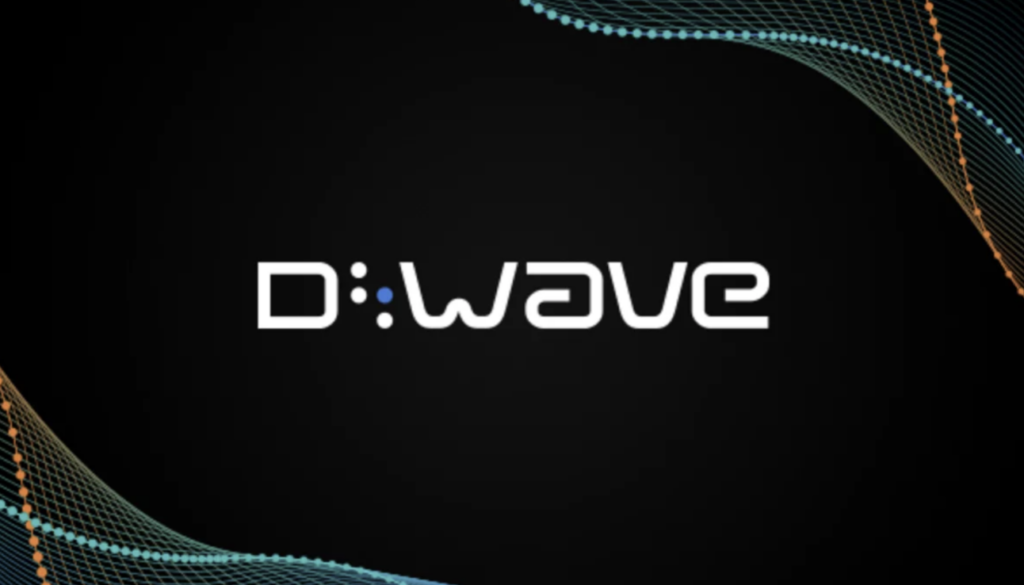
D-Wave Quantum Inc. raised $175 million in gross proceeds from its $100 million and $75 million “at-the-market” equity offering programs, with the latter completed at an average share price of $4.8149 over three days. The company expects to end fiscal Q4 2024 with at least $160 million in cash, using the funds for working capital, capital expenditures, and ongoing technical development and business operations. CEO Dr. Alan Baratz emphasized the role of their 5,000-qubit Advantage quantum computer in driving commercial adoption of annealing quantum computing, stating that the funding strengthens D-Wave’s ability to execute its product and market strategies.
What to expect in 2025: D-Wave is a pioneer in quantum. Sometimes pioneers become laggards. Not this one. D-Wave was the feel good story of 2024 in quantum, battling some headwinds, but, right at the cinematic apex of the year, achieved solid financial returns and attracted more investor interest and confidence. We expect this now tailwind to guide D-Wave into 2025 where it will emphasize its no-nonsense-let’s-get-to-quantum-advantage approach to some effect for those early adopters of quantum computing.
Honorable Mentions — Too late to make the list based on web analytics and social engagement, but certainly two stories that are rapidly gaining attention just this week: SandboxAQ Announces More Than $300 Million of Funding to Drive Next Era of AI and Research Analyst: Quantinuum’s Valuation Could Hit $20 Billion
